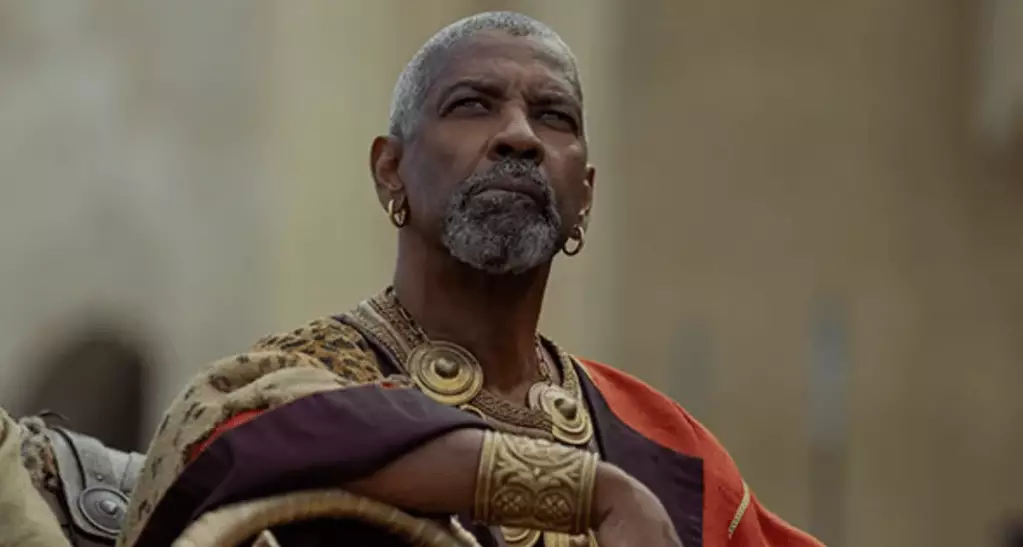Denzel Washington, an iconic figure in the realm of cinema, carries a legacy defined by both remarkable talent and an impressive record of box office successes. Yet, even he admits to having made questionable decisions in his early career. Recently speaking to The Times of London, Washington openly acknowledged, “After Malcolm X [1992], I made some real clunkers.” This candid reflection highlights a universal truth in the entertainment industry: even the most accomplished stars are not immune to missteps.
Throughout the 1990s, Washington found himself navigating a tumultuous path. Despite his acknowledgment of poor career choices, he was also motivated by the financial demands of life. He candidly states, “In life, you learn, earn and then you return.” This statement underscores the multifaceted nature of his journey. During the early years of his career, Washington was not only gaining recognition but also had growing responsibilities—bills, children, and a home to manage. The pressure to earn led him to accept roles that, in hindsight, he would prefer to forget, highlighting a conflict many actors face: the balance between artistic integrity and economic necessity.
Examining Washington’s filmography from the 1990s, one might argue he is too hard on himself. Films such as The Pelican Brief, Crimson Tide, and The Preacher’s Wife not only achieved box office success but also showcased his incredible range as an actor. These titles, along with Academy Awards for Best Supporting Actor in Glory and Best Actor in Training Day, signify that throughout the supposed “clunkers,” there were gems in his career. His ability to reflect on his past choices invites a broader discussion about the nature of artistic creation, where failures often serve as stepping stones for future triumphs.
The spotlight today is on his role as Macrinus in the anticipated Gladiator II, further cementing his status as a leading figure in Hollywood. Washington suggests that a significant aspect of his on-screen appeal arises from the authenticity he brings to each character, stating, “You bring yourself to the part.” This personal touch resonates with audiences, as they find familiarity in his portrayals. His genuine persona contributes to a compelling connection with viewers, reinforcing the idea that a performer’s character often transcends the script.
As Washington’s career progresses, he epitomizes the journey of learning, earning, and eventually giving back—a philosophy he holds dear. With a burgeoning film career, financial pressures, and family obligations, the balance he strikes today between work and personal fulfillment is remarkable. At this stage, the reflective nature of his comments reveals an actor who has grown comfortable in his skin, using past experiences as tools for current success.
In closing, Denzel Washington’s journey is emblematic of the complexities inherent in the acting profession. His willingness to confront his past choices with honesty reflects not only maturity but also an understanding that every step in a career, even the missteps, can contribute to shaping an individual’s artistic identity. In the grand tapestry of Hollywood, Washington continues to weave a story rich with lessons, resilience, and the enduring pursuit of excellence.


Leave a Reply